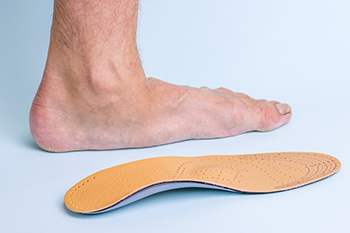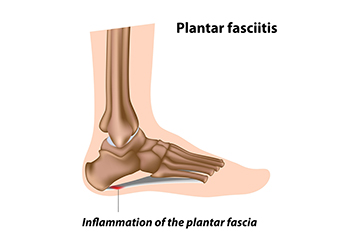
Embarking on a journey to find the ideal running shoe is not just about style, it is a vital step toward enhancing performance and preventing potential injuries. Begin by understanding your foot type, and this can range from neutral, overpronated, or underpronated. Consider the terrain you'll be covering, as different shoes cater to road running, trail running, or a mix of both. The right fit is paramount, and your toes should have room to wiggle, while the shoe provides ample support without feeling too tight. Arch protection and cushioning are vital factors, ensuring your feet are comfortable throughout your run. Weight, flexibility, and breathability of the shoe also contribute to a satisfying running experience. When you are ready to purchase the right type of running shoe for your needs, it is suggested that you confer with a podiatrist who can guide you toward making the right choice.
If you are a runner, wearing the right running shoe is essential. For more information, contact one of our podiatrists from Greater Boston Foot Care, PLLC. Our doctors can provide the care you need to keep you pain-free and on your feet.
Choosing the Right Running Shoe for Your Foot Type
To increase performance and avoid the risk of injury, it is important to choose the right running shoe based on your foot type. The general design of running shoes revolves around pronation, which is how the ankle rolls from outside to inside when the foot strikes the ground.
- Neutral runners are able to choose from a wide variety of shoes, including minimalist shoes or even going barefoot.
- Runners who overpronate, or experience an over-abundance of ankle rolling, should choose shoes that provide extra motion control and stability.
- Runners who underpronate, or supinate, have feet that have high arches and lack flexibility, preventing shock absorption. They require shoes with more flexibility and cushion.
If you have any questions please feel free to contact our office located in Plymouth, MA . We offer the newest diagnostic and treatment technologies for all your foot and ankle needs.




